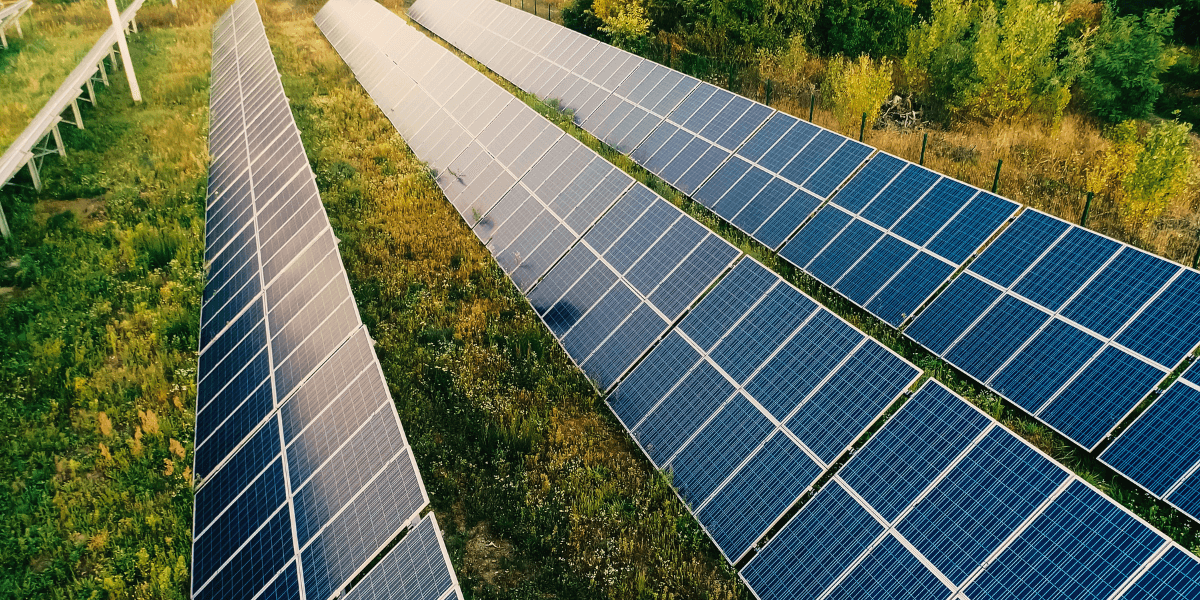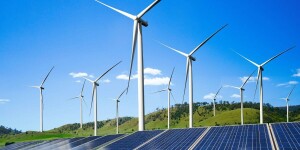Europe relaunches offshore wind: new tripartite contracts for industrial competitiveness and transition
WindEurope: The EU is preparing tripartite agreements to strengthen offshore wind and industrial competitiveness. 370,000 jobs and €54 billion in annual value.

Europe wants to accelerate offshore wind and make it a cornerstone of its industrial and energy strategy. With over 370,000 jobs and an annual economic value of €54 billion, the wind sector is already a cornerstone of the European economy. However, without a shift, it risks losing ground to global competition. Therefore, the European Commission and energy ministers are working on a new model of tripartite contracts involving governments, energy-intensive companies, and clean energy producers. The goal is twofold: to strengthen industrial competitiveness and ensure affordable energy to support the transition.
Tripartite contracts: a new model for linking industry and renewables
At the heart of the European strategy is the development of tripartite contracts: agreements that bring together national governments, energy-intensive companies, and offshore wind producers. This is an innovative approach that aims to create stable and predictable conditions for investors in renewables, while also providing European industries with access to clean energy at competitive prices. For governments, it means having a concrete tool to support the energy transition while simultaneously maintaining strategic production in Europe, which currently suffers from high energy costs. For renewable energy producers, it represents the guarantee of long-term contracts that ensure returns on investment, a crucial element in a sector characterized by large amounts of capital and long lead times. It is a way to integrate clean energy and manufacturing, transforming offshore wind into a direct driver of competitiveness.
Jobs and economic value: the impact of offshore wind on Europe
WindEurope emphasizes that wind energy is not only a driver for decarbonization, but also a vital industrial sector for Europe. Today, wind power generates 370,000 jobs and an economic value of approximately €54 billion annually. Each new offshore turbine brings economic benefits that are reflected throughout the entire value chain: from component production to logistics, all the way to installation and maintenance services. It is no coincidence that the sector's growth is closely linked to Europe's ability to strengthen its industrial and port supply chains, reducing dependence on imported technologies. Without a coordinated strategy, the know-how accumulated over the years risks being eroded by Asian competition, which benefits from lower costs and strong public support. Investing in offshore wind therefore means not only driving the energy transition but also defending Europe's industrial sovereignty.
The Next Step: The “New Deal” for Offshore Wind
The path outlined by European institutions and WindEurope aims for a true "New Deal" for offshore wind, which will be the focus of the European Summit in Hamburg on October 1st. On that occasion, energy ministers from member states and key industry players will present concrete commitments to develop new projects and strengthen public-private cooperation. The stakes are high: achieving Europe's decarbonization targets for 2030 and beyond requires an unprecedented acceleration of offshore installations, with regular auction programs, simplified authorization procedures, and investments in networks and ports. The Hamburg Summit will therefore be a testing ground for measuring member states' political will to transform offshore wind into a strategic tool for European industrial competitiveness.
Related Focus





